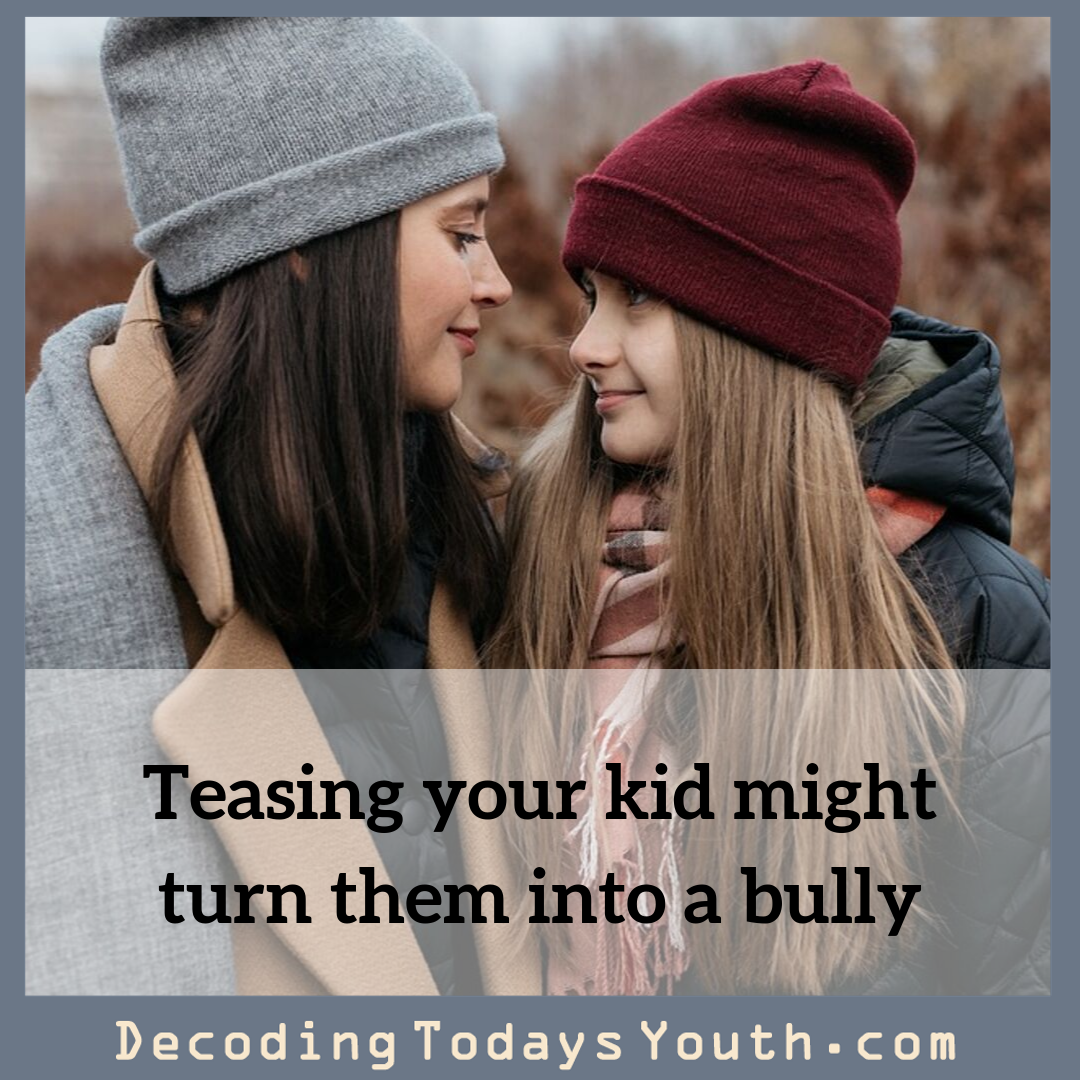
The problem of bullying in schools stretches across generations, and though there are new media through which kids can now bully their peers, bullying itself is nothing new.
A study from Florida Atlantic University suggests that how parents interact with their child at home might have a lot to do with the way their child then treats their classmates. You probably know that mean parents lead to mean kids, but just how mean do they have to be to make an impact?
This study says it can be as small as just belittling or not praising your kid.
We know parenting isn’t easy. That’s why we’ve built this blog about how your kid’s world is different from the one you grew up in. But this study says to take a hard look at how you’re interacting with your child. Are you telling them you’re proud of them even for small accomplishments? Do you zone out when they’re talking about their interests, or are you actively listening?
If they feel frustrated by some of their interactions at home, they might go to school and take it out on other students since they can’t say anything to you. How bad is bullying in today’s schools?
National Statistics on Bullying
- About 20% percent of kids aged 12-18 report that they have experienced bullying, according to the 2017 School Crime Supplement from the National Center for Education Statistics and Bureau of Justice (https://nces.ed.gov/programs/crimeindicators/ind_10.asp).
- 70.6% of kids say they’ve seen bullying in their schools, and 70.4% of school staff say they’ve witnessed bullying. Note, 62% of school staff say they witnessed bullying two or more times in the month prior to the survey, and 41% say they witnessed bullying every week.
- Middle school students report they’ve been bullied a variety of ways, including name-calling (44.2 %), teasing (43.3 %), spreading rumors or lies (36.3%), pushing or shoving (32.4%), hitting, slapping, or kicking (29.2%), being left out (28.5%), threatened (27.4%), stolen belongings (27.3%), sexual comments or gestures (23.7%), targeted in e-mail or blog (9.9%).
Name-calling and teasing are the most common. Maybe not surprising, these are also two of the types of bullying that can occur at home.
Unfortunately, it’s all too easy to tease your own kid. Maybe it feels like you’re teasing yourself. You probably share characteristics. Do you feel like you’re too short, have big ears, or can’t do math? Maybe you’re just repeating what you’ve heard before.
Or maybe you think your comments are harmless, but your kid sees them as serious: “You missed a couple goals today in the game. Maybe we should be paying more attention at practice instead of talking with our friends the whole time.” Or “You spend a lot of time in your room. Try socializing with the rest of the family every once in a while.”
Each kid is different, and just because they came from you doesn’t mean they think exactly like you. Heck, they’re not even your age. If you’re going to poke fun at them (every great once in a while), make sure it’s lighthearted and not hurtful. Watch their reaction. Make it obvious you don’t mind if they tease you back. There is a fine line between mutual teasing and one-sided, being-picked-on.
Regrettably, the study suggests if kids are teased daily, they transfer that behavior into other areas of their lives. If it’s acceptable at home, then it’s acceptable at school or practice, right?
And I have to point out: kids can’t lash out at their parents every time they feel they’ve been insulted or belittled. It’s obviously easier to take it out on kids their own age.
I don’t know a clear path to stopping bullying but understanding some of the risk factors that go into it must help. If parents are name-calling and teasing their kids, and these are the number one and number two most frequent ways kids are getting bullied at school…? There has to be a connection.
I suggest talking to your kids the same way you want them talking to their peers. Ask yourself: Is what I’m about to say going to make the other person feel bad? If my parent said this to me when I was a kid, would I be hurt?
And ask them for feedback. Let them know that they can tell you if you’ve gone too far. Did they take that as the joke you intended, or did you offend them. Meanwhile, tell them if they’ve gone too far. You’re training them in conversation and human relations. Make sure they know how to communicate effectively – and nicely.
Links:
https://nces.ed.gov/programs/crimeindicators/ind_10.asp
https://www.sciencedaily.com/releases/2019/07/190709110230.htm

